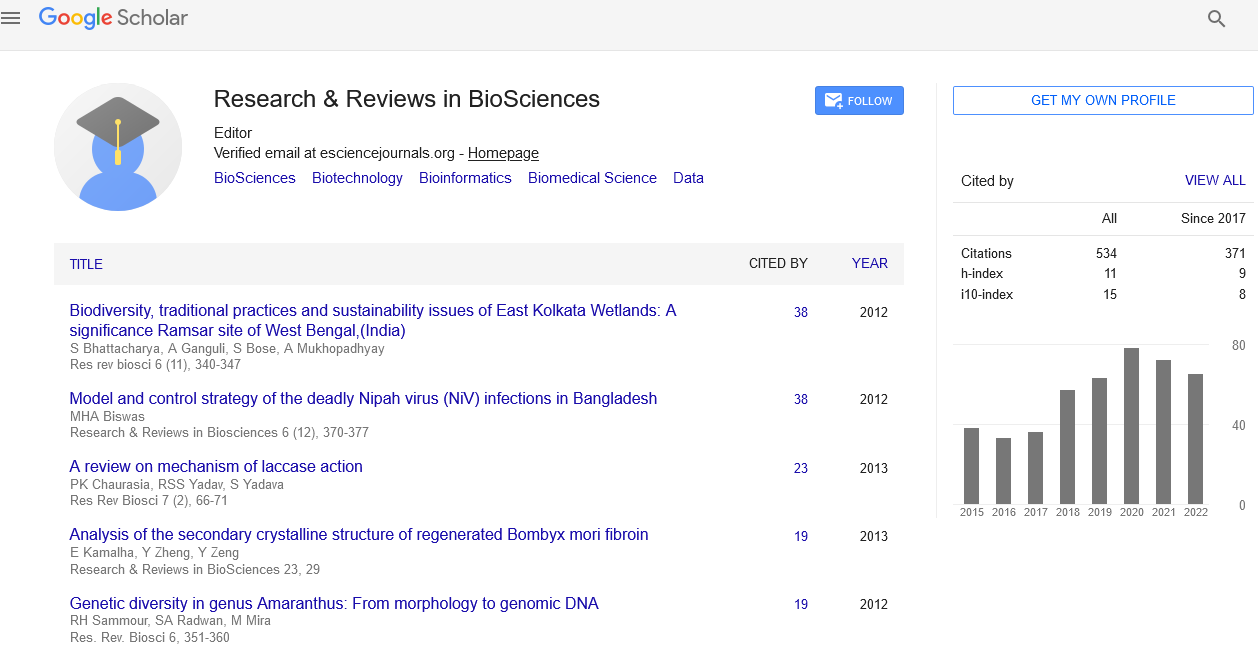Phylogenetics-innovations
Phylogenetics is an attempt to reconstruct the interspecies evolutionary relations. Historically this has been done using quantitative morphological data, but modern methods rely heavier on sequence data of DNA. The key concept of innovation has generated tremendous interest and controversy in evolutionary biology. There is an immediate and intuitive appeal to the idea of key traits which promote differential evolutionary success of the lineages which bear them. Biological diversity that is evident to most natural history students: innovations have clearly occurred throughout the history of life, facilitating extensive species and phenotypes diversification. Time-calibrated phylogenetic trees contain relatively little information on the dynamics of diversity, due to low information content regarding extinction rates. Phylogenetic trees are inherently synthetic for individual groups — the combination of these 'twigs' provides a natural approach for elucidating the whole Tree of Life. In addition, phylogenetic data has enormous potential for reuse, sometimes in ways entirely unanticipated by the original studies: since they have an clear evolutionary viewpoint, phylogeny has become fundamental to nearly all fields of study in evolutionary biology , ecology, molecular biology and epidemiology.High Impact List of Articles
-
Evolutionary Analysis of Long Structured Phylogenetic Branches in
Angiosperms
Vladimir Chupov and Eduard MachsOriginal Article: Research & Reviews in BioSciences
-
Evolutionary Analysis of Long Structured Phylogenetic Branches in
Angiosperms
Vladimir Chupov and Eduard MachsOriginal Article: Research & Reviews in BioSciences
-
Climate, geographical distribution, and specific structure of phyllopods anostraca (Crustacea, Branchiopoda) communities in
Morocco
Cherif Kadi Hamman, Samira Benkerroum, El Hassania Saad, Ilham Saad1,Sara Sassa, Allal Douira, Mohamed FadliOriginal Article: Research & Reviews in BioSciences
-
Climate, geographical distribution, and specific structure of phyllopods anostraca (Crustacea, Branchiopoda) communities in
Morocco
Cherif Kadi Hamman, Samira Benkerroum, El Hassania Saad, Ilham Saad1,Sara Sassa, Allal Douira, Mohamed FadliOriginal Article: Research & Reviews in BioSciences
-
Effects of Hypoxia on Buoyancy Control and the Development
of Lordosis in Physostomous and Physoclistous Fish Species
Bagowski CP, Bertola LD, Schoonheere E, Wilms I, Kabli S, Alia A and Groot HJMOriginal Article: Research & Reviews in BioSciences
-
Effects of Hypoxia on Buoyancy Control and the Development
of Lordosis in Physostomous and Physoclistous Fish Species
Bagowski CP, Bertola LD, Schoonheere E, Wilms I, Kabli S, Alia A and Groot HJMOriginal Article: Research & Reviews in BioSciences
-
Impact of Physical Activity on the Inflammatory
Biomarkers in Type 2 Diabetes Mellitus
Ramalingam M and Suja Pandian ROriginal Article: Research & Reviews in BioSciences
-
Impact of Physical Activity on the Inflammatory
Biomarkers in Type 2 Diabetes Mellitus
Ramalingam M and Suja Pandian ROriginal Article: Research & Reviews in BioSciences
-
Evaluation of Antimicrobial Properties and Phytochemical
Constituents of Capsicum frutescens L.
Shruti Hegde V, Vinayaka KS and Nagarathna NMOriginal Article: Research & Reviews in BioSciences
-
Evaluation of Antimicrobial Properties and Phytochemical
Constituents of Capsicum frutescens L.
Shruti Hegde V, Vinayaka KS and Nagarathna NMOriginal Article: Research & Reviews in BioSciences
-
Phylogenomic analysis of archaeal domain: An overview
P.Chellapandi, C.Karthigeyen, S.SivaramakrishnanOriginal Article: Research & Reviews in BioSciences
-
Phylogenomic analysis of archaeal domain: An overview
P.Chellapandi, C.Karthigeyen, S.SivaramakrishnanOriginal Article: Research & Reviews in BioSciences
